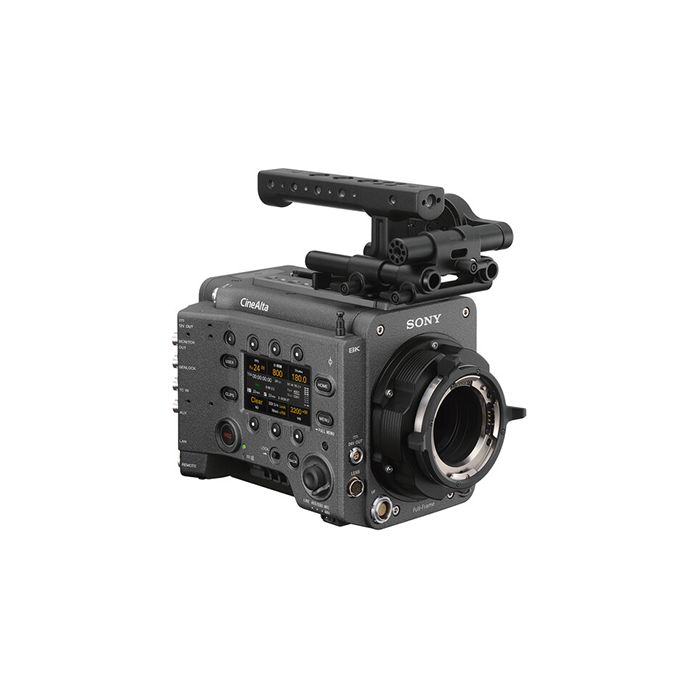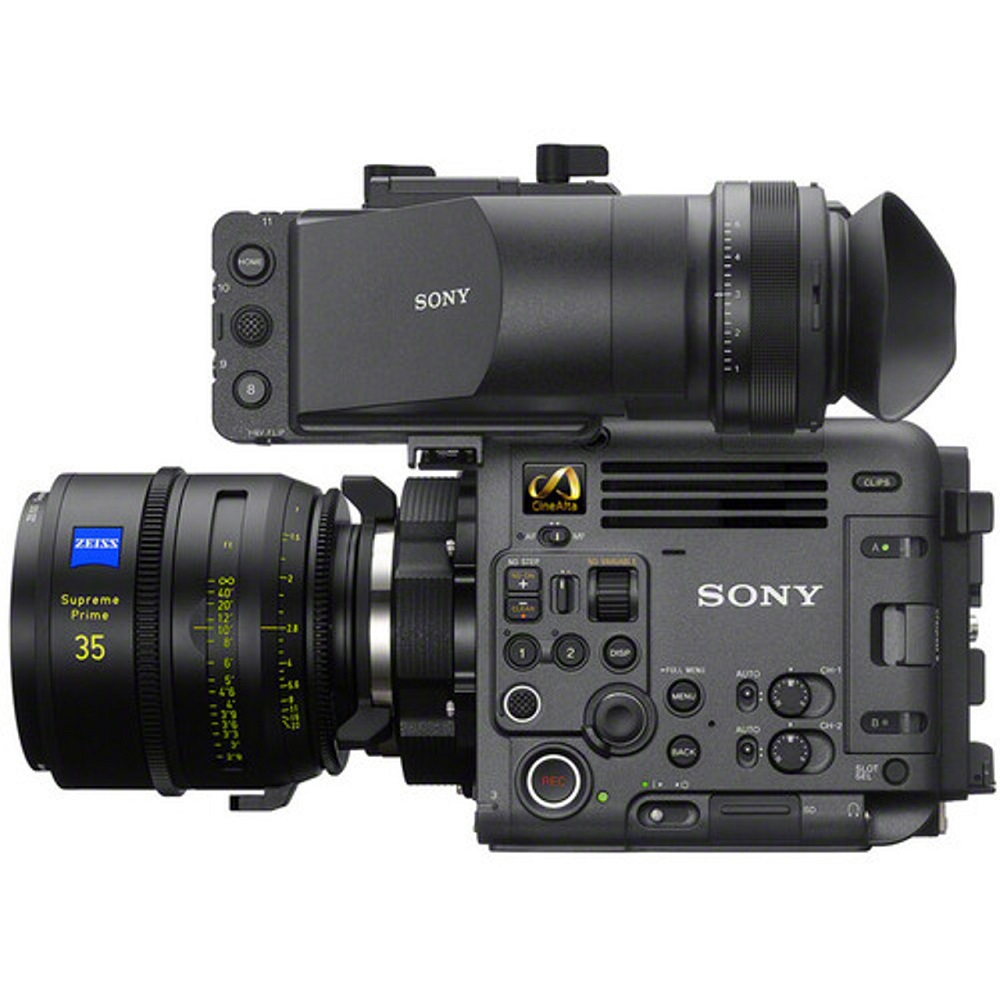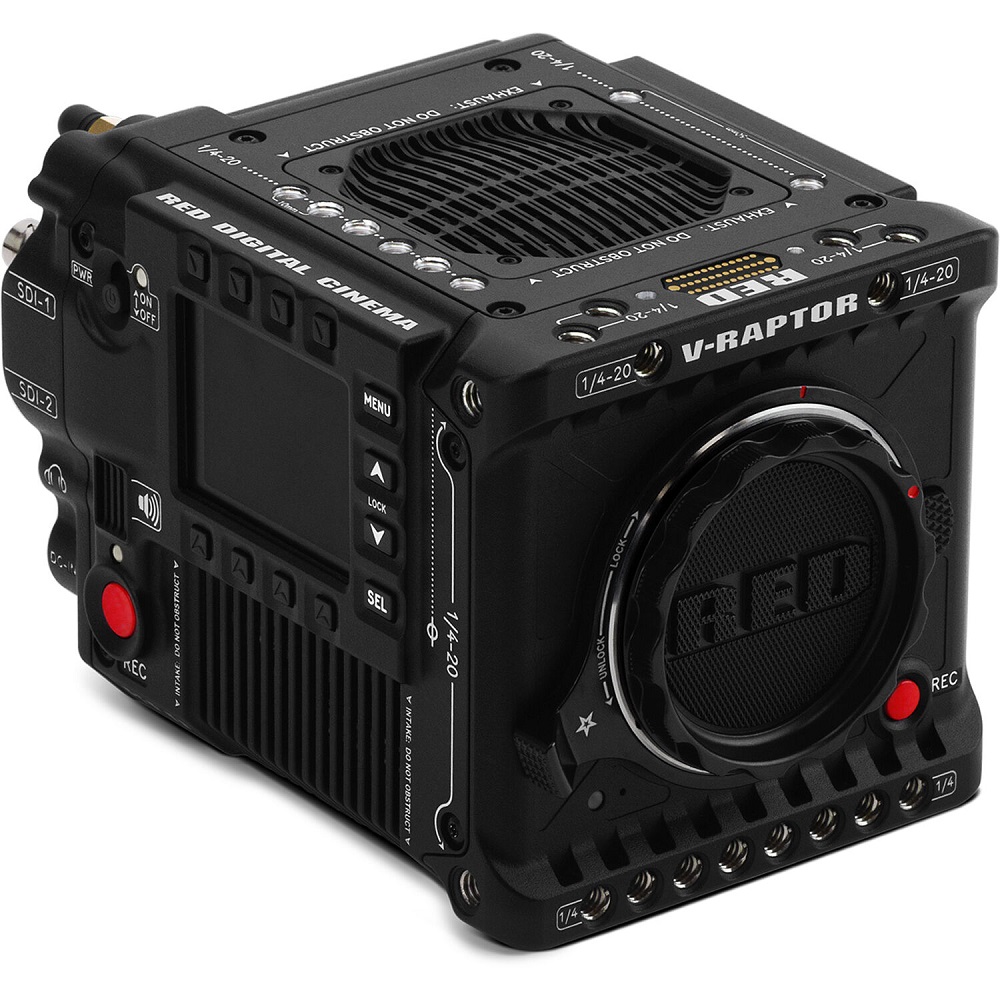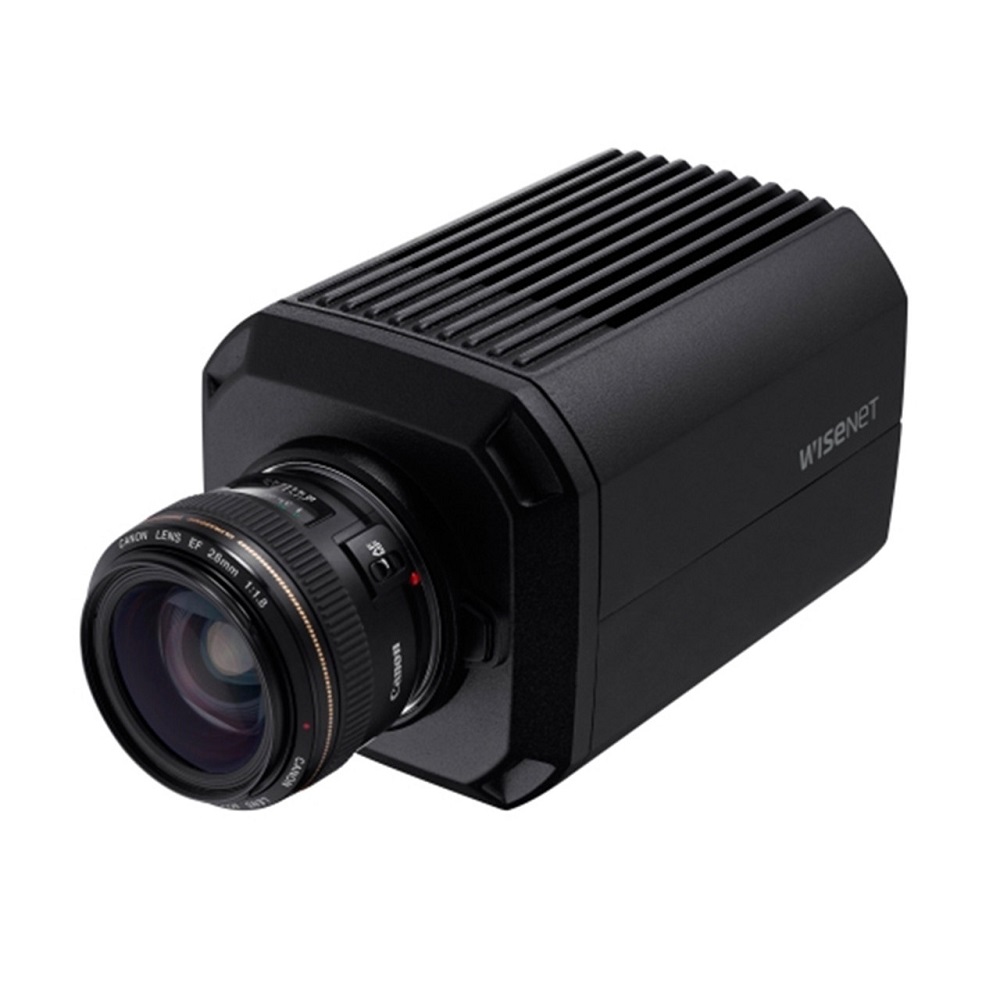With the film industry constantly pushing the boundaries of technology, 8K cameras have emerged as a game-changer in cinematography. Capturing images at a resolution of 7680×4320 pixels, 8K cameras provide filmmakers with stunning visuals and unparalleled detail. Choosing the right 8K camera for your projects can be daunting, but with the proper knowledge, you can make an informed decision that elevates the quality of your work.
Understanding 8K Resolution
The Clarity and Detail of 8K
An 8K camera offers four times the resolution of a 4K camera, allowing for extraordinary detail even when you zoom or crop footage in post-production. This clarity makes 8K ideal for visual effects work and large format displays where every pixel counts.
Weighing Necessity vs. Performance
Determine the necessity of 8K for your project. While it offers superior image resolution, consider if your target medium requires such high resolution or if the increased production and post-production costs justify the upgrade from 4K or even 6K.

Evaluating Camera Specifications
Assessing Sensor Size and Type
When choosing an 8K camera, assess the sensor size – full-frame, Super 35, or other formats – as it influences the field of view and depth of field. Also, look at the sensor type, like CMOS or back-illuminated, and understand how it impacts low-light performance and dynamic range.
Comparing Bit Depth and Color Science
Bit depth affects how many colors the camera can capture; a higher bit depth means richer color gradation. Additionally, research the camera’s color science – the way it interprets and records colors. This can greatly affect how much post-production color grading is needed.
Considering Budget and Accessories
Allocating Funds Wisely
Your budget will be a significant factor in deciding which 8K camera to choose. Decide beforehand how much of your budget you can allocate to the camera body itself, keeping in mind the additional expenses on lenses, storage, and accessories.
Accessory Compatibility and Availability
Ensure that the camera you choose is compatible with the accessories necessary for your work (like gimbals, rigs, monitors, and recorders). Some cameras may need specialized gear that adds to the overall cost.

Looking into Post-Production Workflow
Computing Power and Storage Needs
8K footage requires robust computing power and significant storage space. Before investing in an 8K camera, confirm that your existing post-production setup can handle the demands or budget for the necessary upgrades.
Workflow Integration and Output Formats
Check how well the camera’s footage integrates with your editing software and its output formats. Certain codecs offer better editing efficiency but might come at the cost of larger file sizes or require additional steps in the workflow.
Exploring Brand and Model Options
Researching Leading Brands
Look into established camera manufacturers that have a proven track record with high-resolution cameras. Brands like RED, Sony, and Canon have 8K offerings renowned for their reliability and image quality.
Comparing Models and Reviews
Every camera model has its unique features and drawbacks. Beyond the brand name, compare individual models for their specific capabilities and performance. Read professional reviews and user testimonials to understand the cameras’ real-world applications.

Testing Cameras Hands-On
Renting Before Purchasing
If possible, rent or borrow different 8K cameras to test them in the field. There’s no better way to understand a camera’s performance and how it fits into your workflow than hands-on experience.
Analyzing Test Footage
Review and analyze the test footage for image quality, focusing on factors like dynamic range, low-light performance, and color rendering. It’s an absolute must to ensure the camera’s output meets your projects’ needs.
Anticipating Future Needs
Considering Technology Evolution
The swift pace of technological advances in the film industry means what’s cutting-edge today might be outdated in a few years. Consider an 8K camera’s upgradeability or how well it can adapt to future technology to protect your investment.
Scalability for Projects of Different Sizes
Reflect on how the camera will fit into different types of projects — from indie films to big-budget commercials. A versatile camera that scales well across project sizes can provide the best long-term value for a cinematographer.
Assessing High-Resolution Impact
Refining Visual Storytelling
The fine detail captured by an 8K camera can add a new dimension to visual storytelling. Consider how the high resolution will enhance the narratives of your projects. Rich textures and crisp images can draw viewers deeper into the story, especially in genres where visuals are paramount.
Managing Large File Handling
With 8K resolution comes considerably larger file sizes compared to lower resolutions. Assess the impact this will have on your storage solutions and data management. You might need to invest in faster and more capacious storage systems which could affect your budget.
Adapting to Different Shooting Environments
Assessing Versatility in Various Conditions
Different cinematography projects require filming under diverse conditions. Evaluate whether the 8K cameras on your shortlist can adapt to various lighting environments, temperatures, and the physical demands of on-location shooting. Versatility can make or break a camera’s usability across different scenarios.
Weatherproofing and Durability Concerns
Shooting outdoors exposes your equipment to the elements. If your projects frequently place you in less-than-ideal weather conditions, prioritize a camera built to withstand environmental stresses. Cameras with good weatherproofing and robust build quality can be more reliable and require fewer repairs over time.
Leveraging Resolution for Creative Flexibility
Cropping and Reframing Opportunities
The massive resolution of an 8K camera not only offers superior image clarity but also gives you considerable creative leeway in post-production. The option to crop or reframe shots without losing quality is an advantage when it comes to adapting footage for various formats or correcting compositions.
Future-proofing Content
Purchasing an 8K camera is also an investment in future-proofing your content. As display technologies evolve, content at higher resolutions will be in demand. Owning footage that already meets these standards could make your work more valuable and accessible in the long run.
Prioritizing Ergonomics and Usability
Considering Form Factor and Weight
Consider the ergonomics of the 8K camera models you’re assessing. Weight and form factor can significantly affect the shooting experience, especially during long shooting days or when handheld work is required. A camera that tires you less will be a more effective tool in your filmmaking arsenal.
User Interface and Accessibility
The user interface is another crucial element that influences the filming process. A straightforward, accessible UI can streamline camera operations and save valuable time on set. Focus on finding a camera that balances comprehensive features with ease of use to ensure a smooth shooting process.
Networking with Industry Peers
Engaging with Fellow Cinematographers
Networking with other professionals in the industry can offer valuable insights into different 8K cameras. Their experiences and advice can help you make a more informed decision. Visiting trade shows, attending workshops, or participating in online forums can broaden your understanding of what’s available and what might suit your projects best.
Joining Camera User Groups
Belonging to user groups for specific camera models can also be beneficial. These communities often share in-depth knowledge, provide support, and offer user-based reviews that aren’t available from manufacturers or retailers. Engaging with these groups can help ensure that you have the practical support you need after your purchase.
Selecting the right 8K camera is a pivotal decision that affects not just the quality of your cinematography but also the efficiency and creative flexibility of your film projects. From understanding the technical scope of 8K and evaluating camera specs, to considering budget constraints and testing potential choices, each step is crucial in making an informed purchase. Anticipating future project requirements and technological trends will ensure that your 8K camera remains a valuable asset in your filmmaking toolkit. By carefully considering these factors, you can invest in a camera that helps manifest your vision on the screen in the most impressive way possible.
